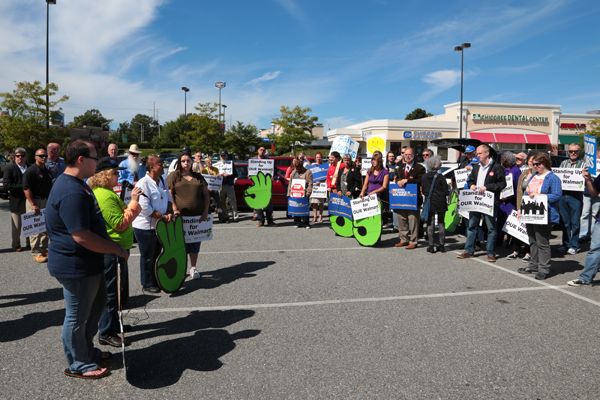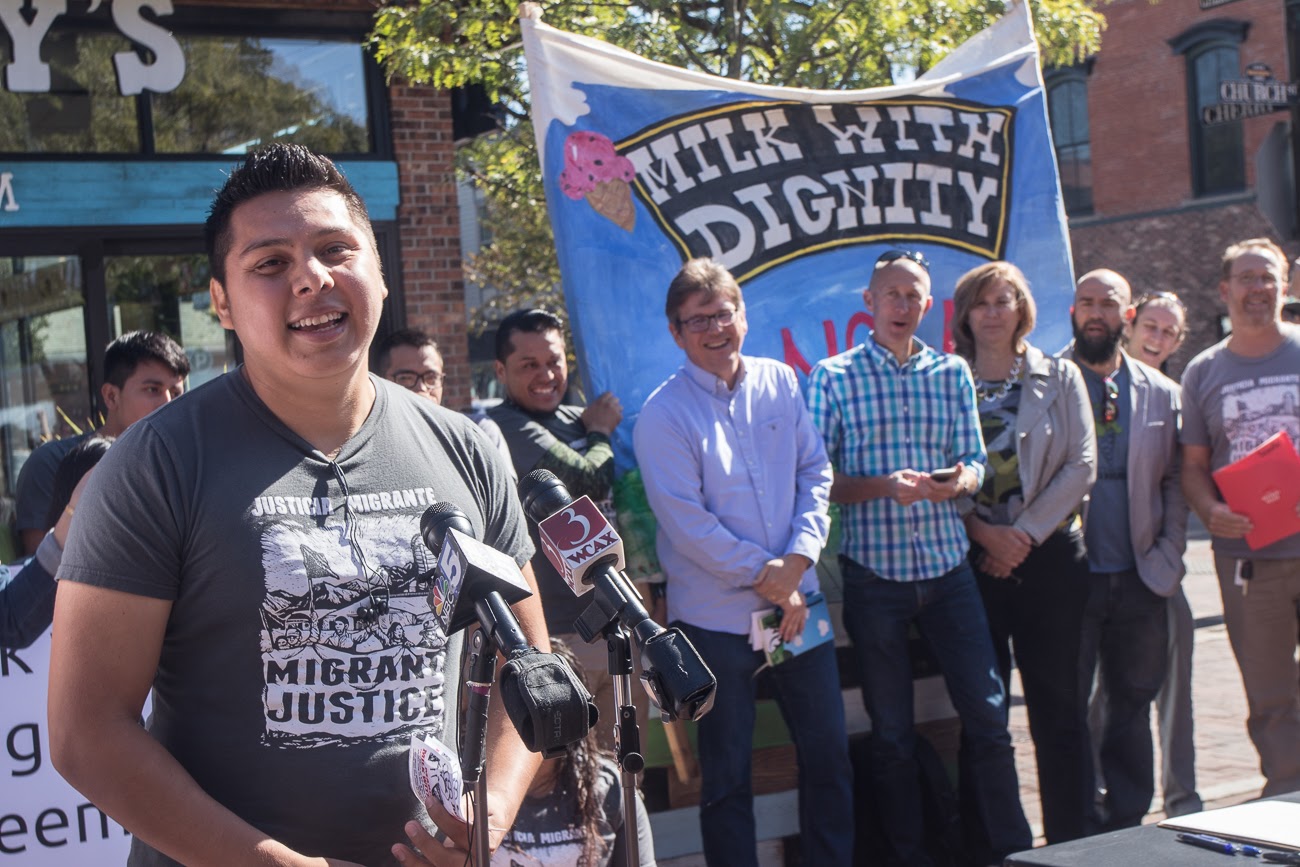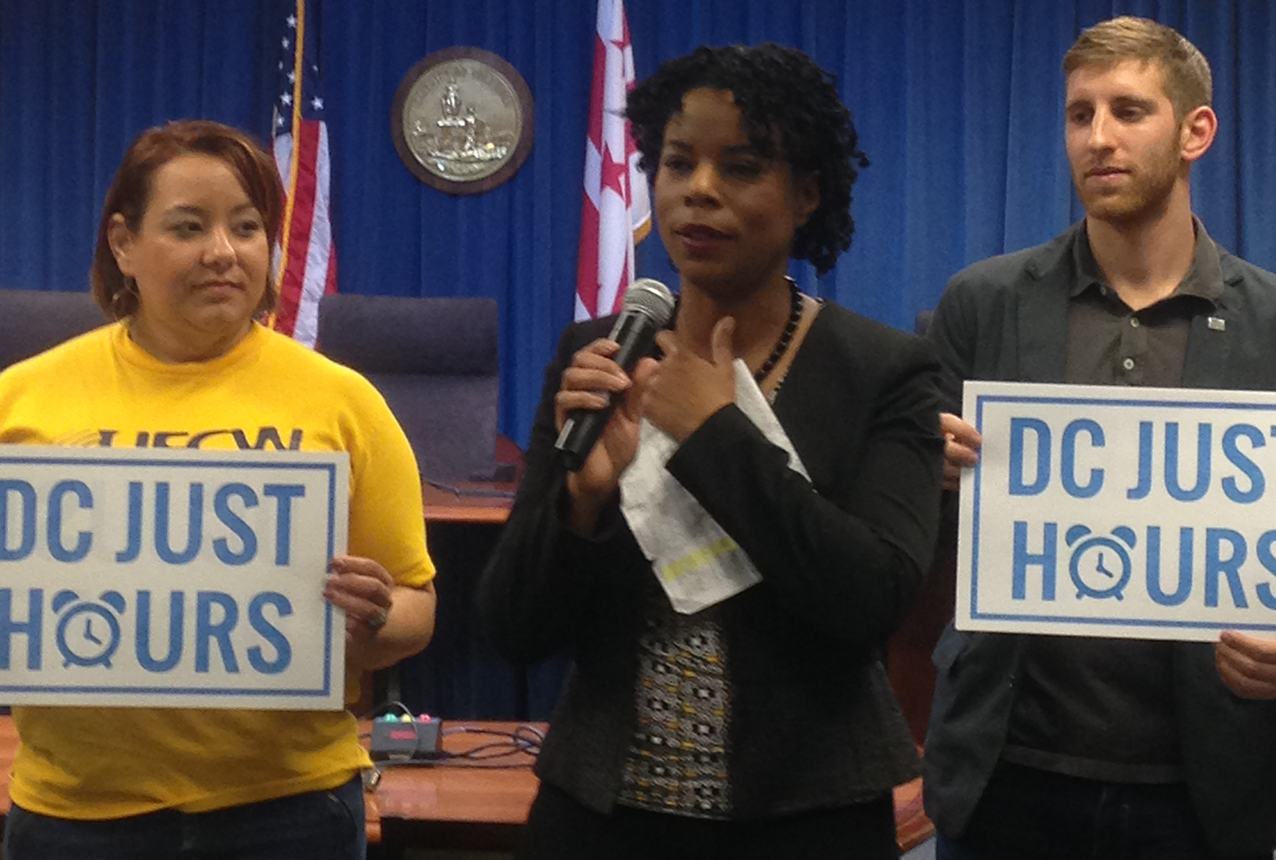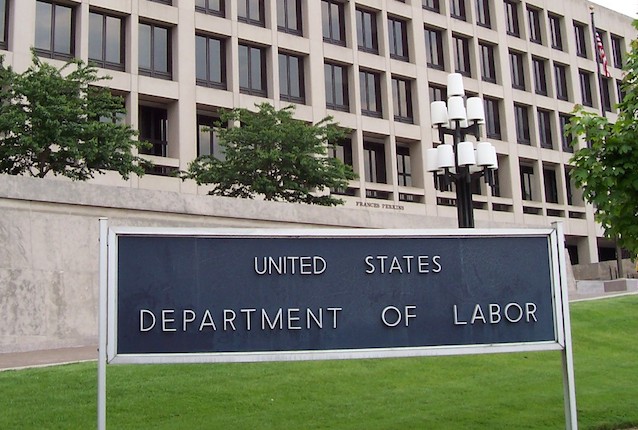For the past few years, Walmart’s plans to expand into big cities like New York, Boston, San Francisco, and Washington, D.C., have made them the site of high-profile contests between the biggest corporation in the world and communities concerned over poverty wages.
With just under 40,000 residents, Holyoke, Massachusetts, is the kind of place where Walmart doesn’t usually anticipate a fight. But this summer they got one, and just three months later, Walmart announced it was giving up.
In June, the city learned that Walmart planned to build a superstore on an 18-acre site owned by Holyoke Gas and Electric. By then, Western Massachusetts Jobs with Justice had already developed a reputation in the community for its work supporing Walmart associates involved in OUR Walmart. Within weeks, Western Massachusetts Jobs with Justice had convened a neighborhood meeting of residents closest to the planned site, along with a Holyoke City Councilor, UFCW Local 1459, and Al Norman of Sprawl-Busters.
The neighbors formed Holyoke First, then reached out to other civic leaders and likely allies, such as the Pioneer Valley Central Labor Council, and organized a broader coalition, Stop Walmart in Holyoke (SWiH). By July 10, Holyoke First led their first action at a Holyoke Gas & Electric meeting.
The grassroots campaign included yard signs, letters to the editors of five newspapers, and tabling at the annual Great Holyoke Block Party, where they collected 12 times the necessary signatures on a zone change petition.
The campaign also secured the support of Mayor Alex Morse, who committed to using the weight of his office to stop the plans, and City Hall immediately stopped negotiating with Walmart’s agents. In August, the campaign picketed outside a Walmart Open House while others leafleted inside. More than half of the attendees wore stickers to announce their opposition to Walmart. The residents also began strategizing how to win a City Council vote to change the zoning, an effort which continues so that the property can no longer be a big box site.
Jon Weissman, director of Western Massachusetts Jobs with Justice, noted that community opposition to the store was not based merely on traditional neighborhood concerns like lower property values. “It was an economic development opposition that envisioned alternative uses for the property itself and alternatives to Walmart’s low-road economics,” Weissman said. “It called Walmart out for aggressive anti-worker behavior that anchors cities like Holyoke in poverty.”
On September 17, the preliminary election for Mayor resulted in Morse and another anti-Walmart candidate, and the company took notice. On September 18, the day before the developer would have had to commit to buying the property, they released a statement claiming that testing of the proposed site showed “some areas of potential environmental concern” and that they would not have time to do additional testing before the deadline.
Local activists celebrated the announcement and knew that the “environmental concern” wasn’t about the site itself, but rather the unwelcoming political environment created by neighbors coming together and demanding better than poverty wages.







